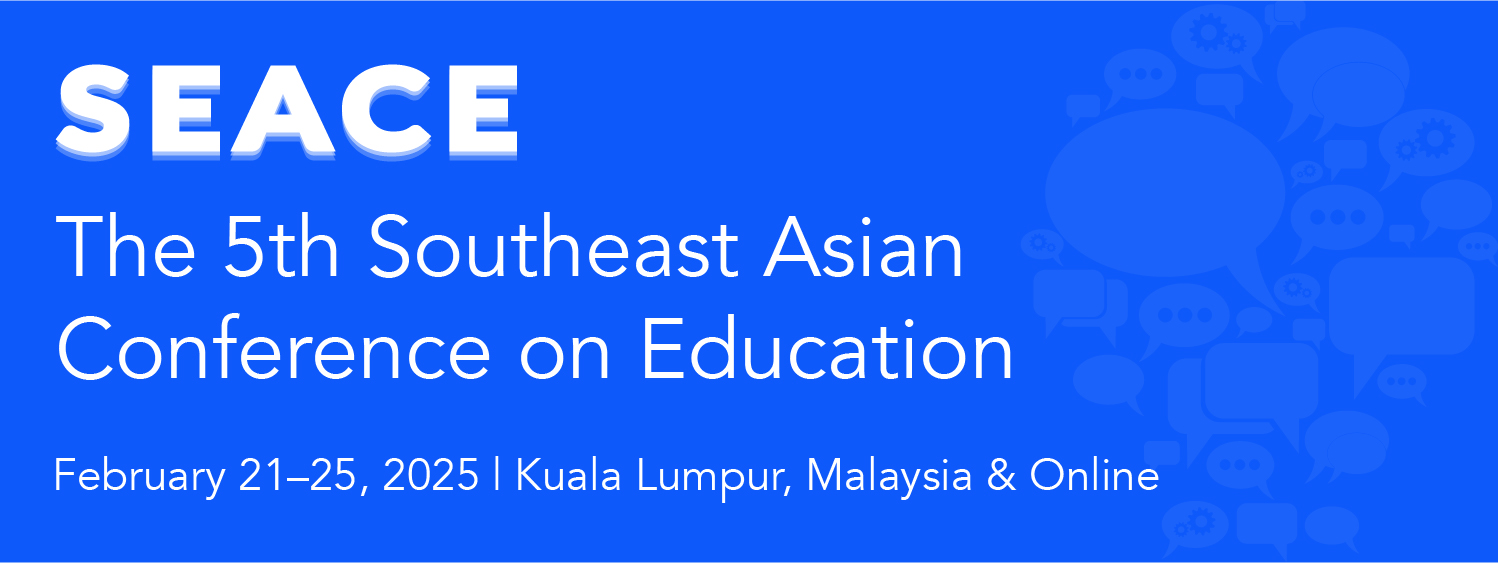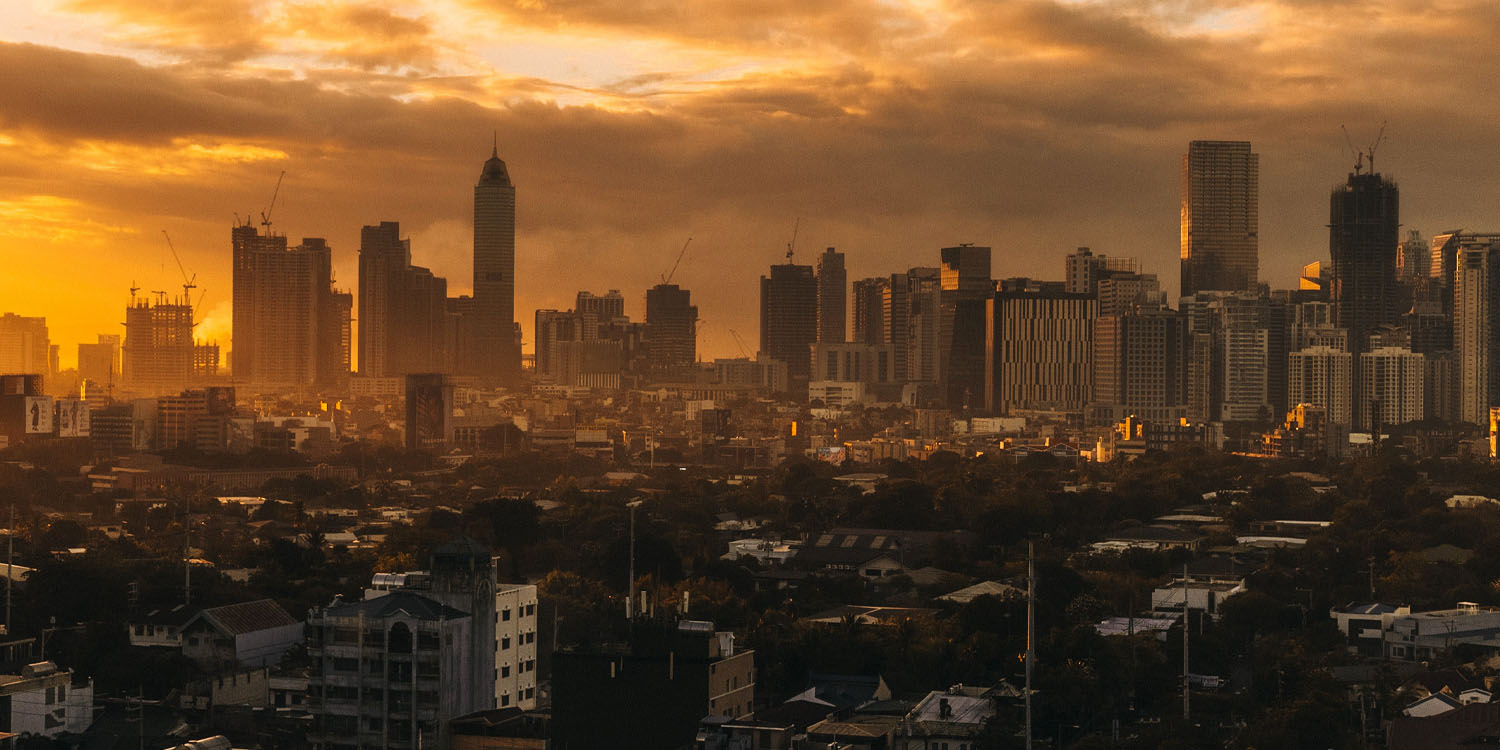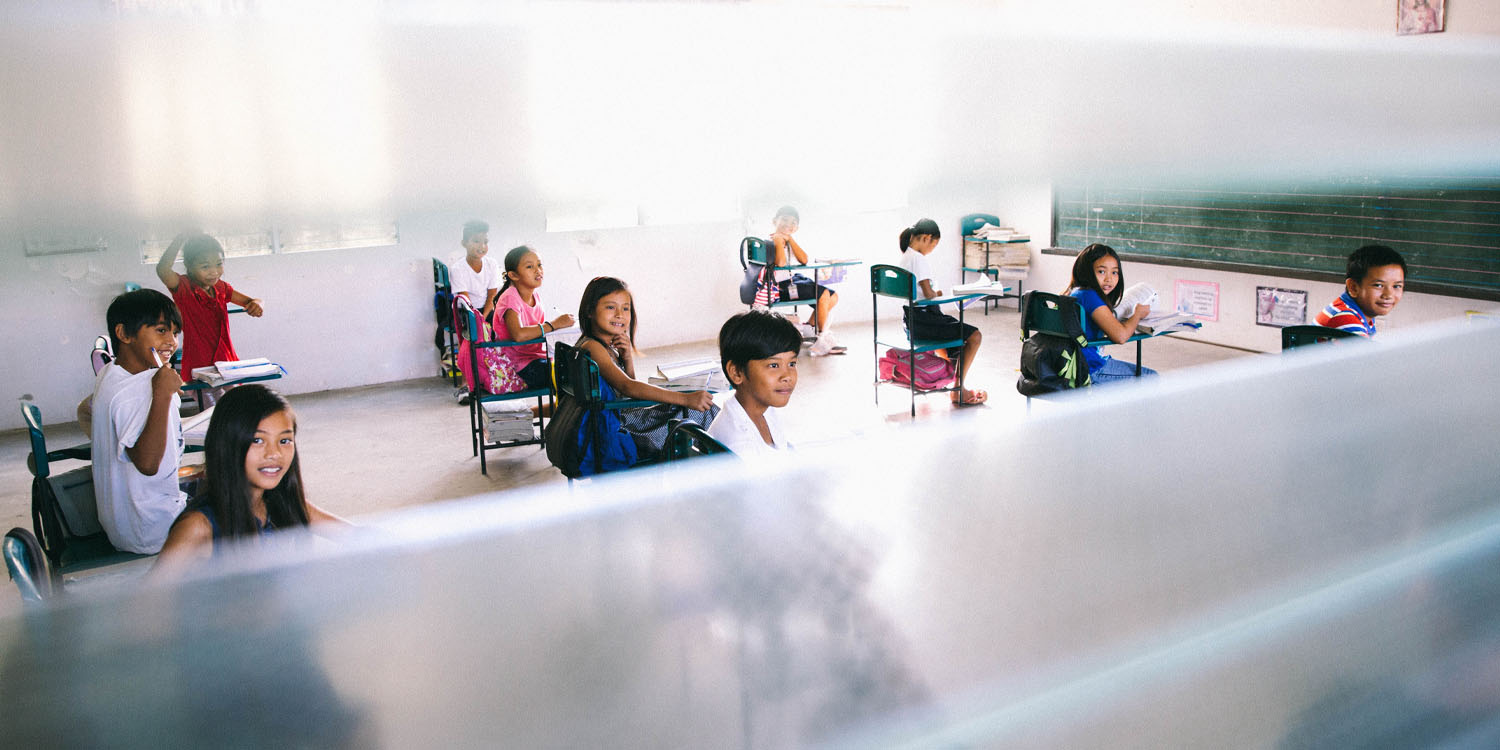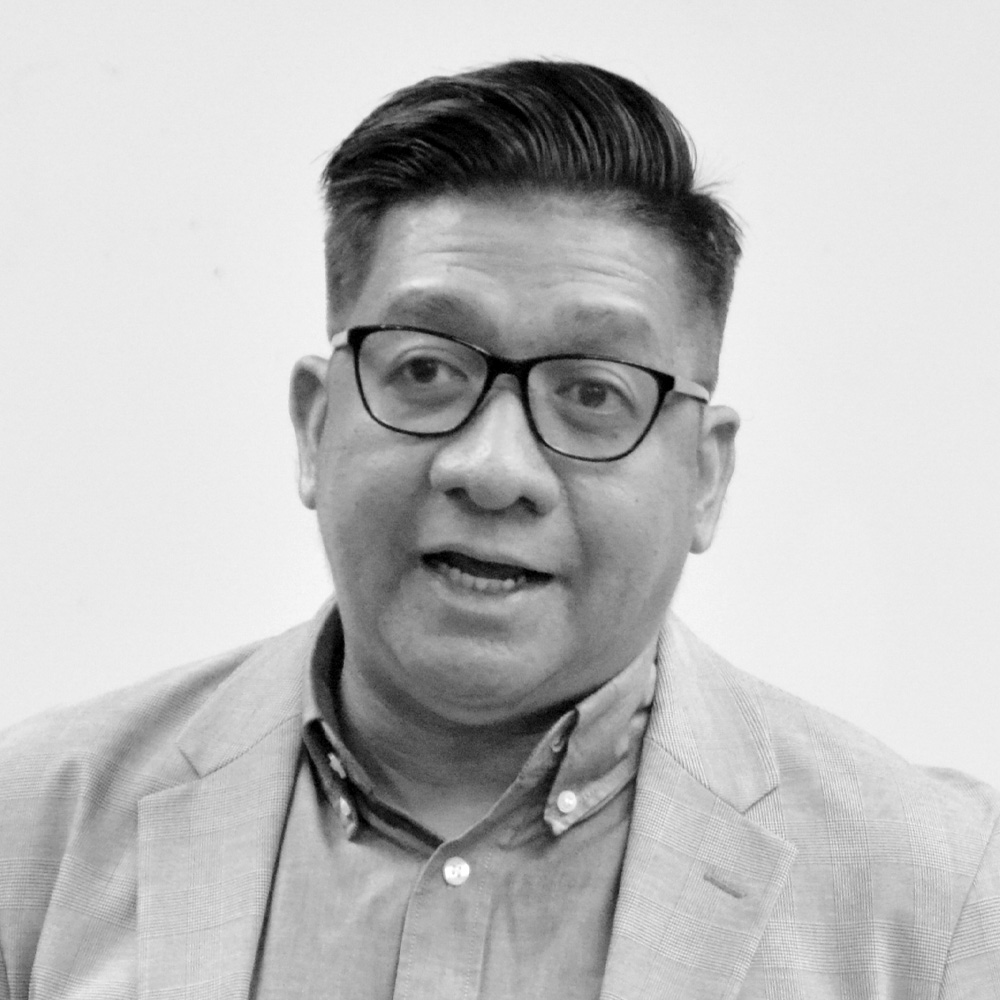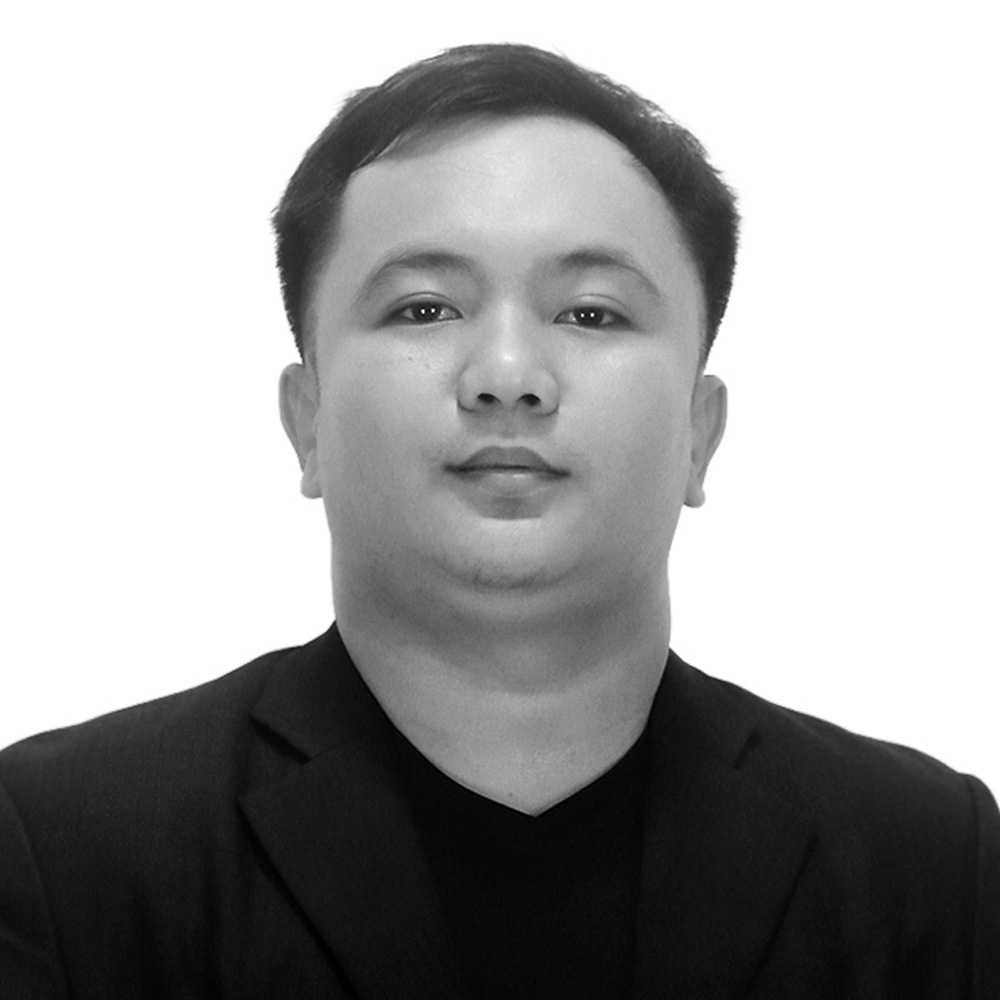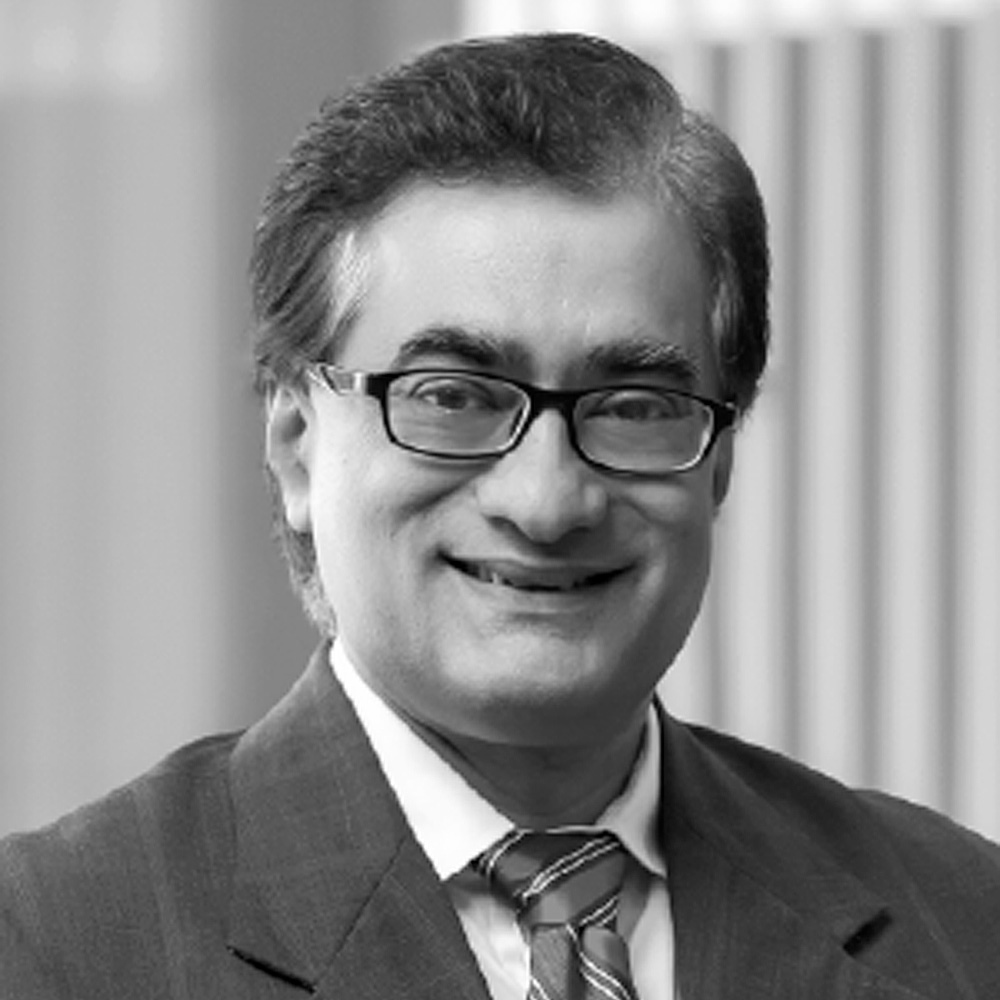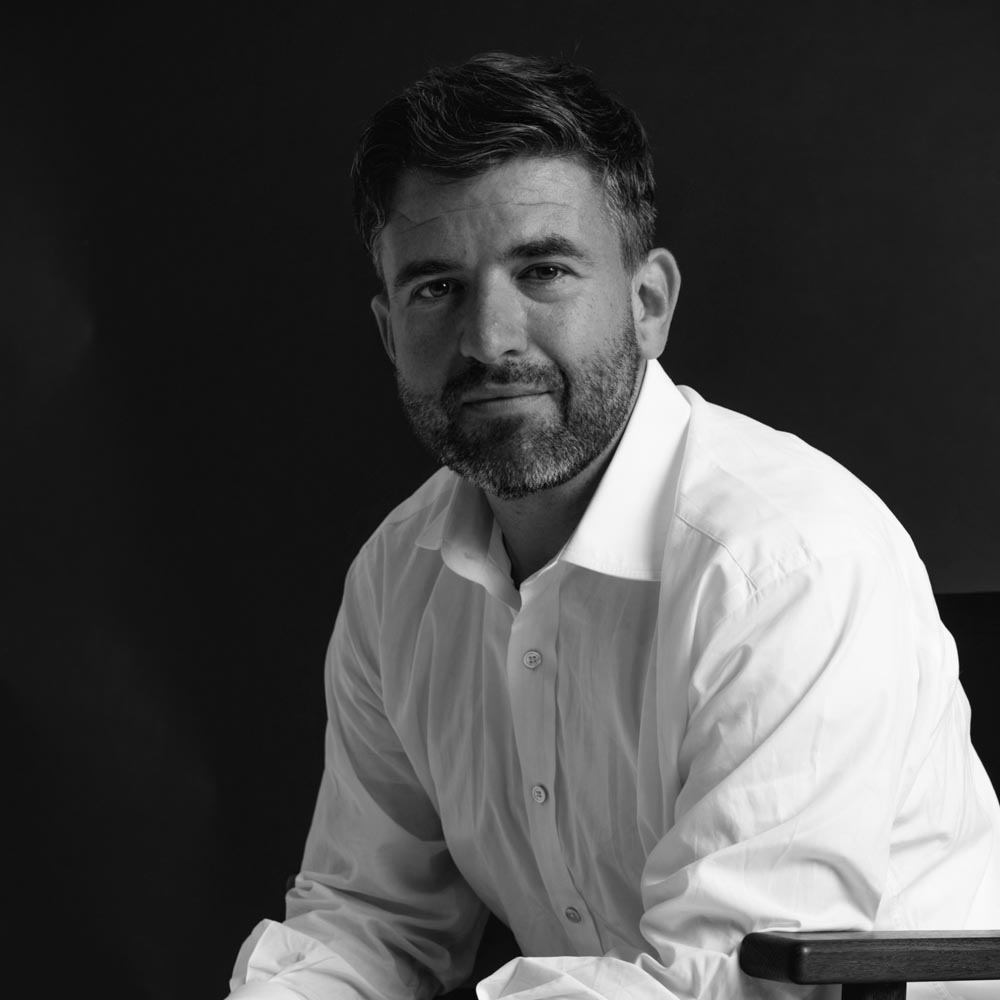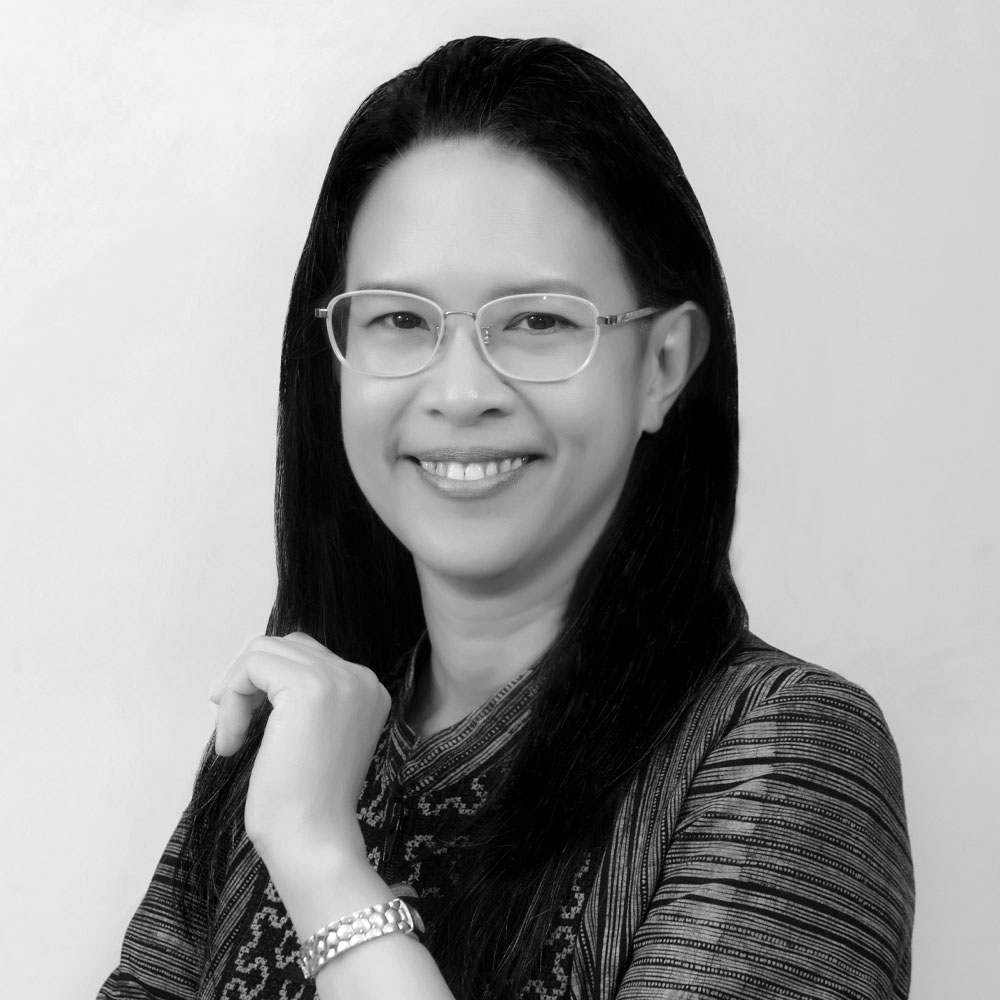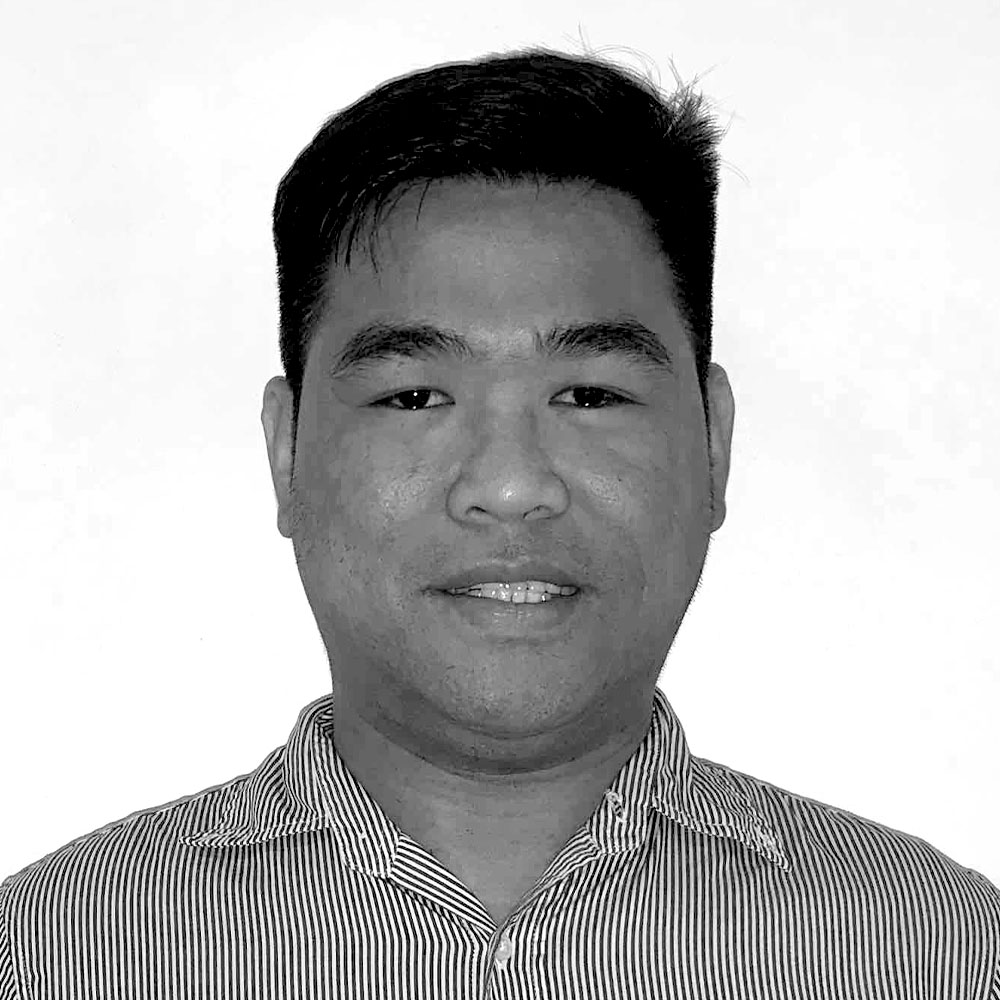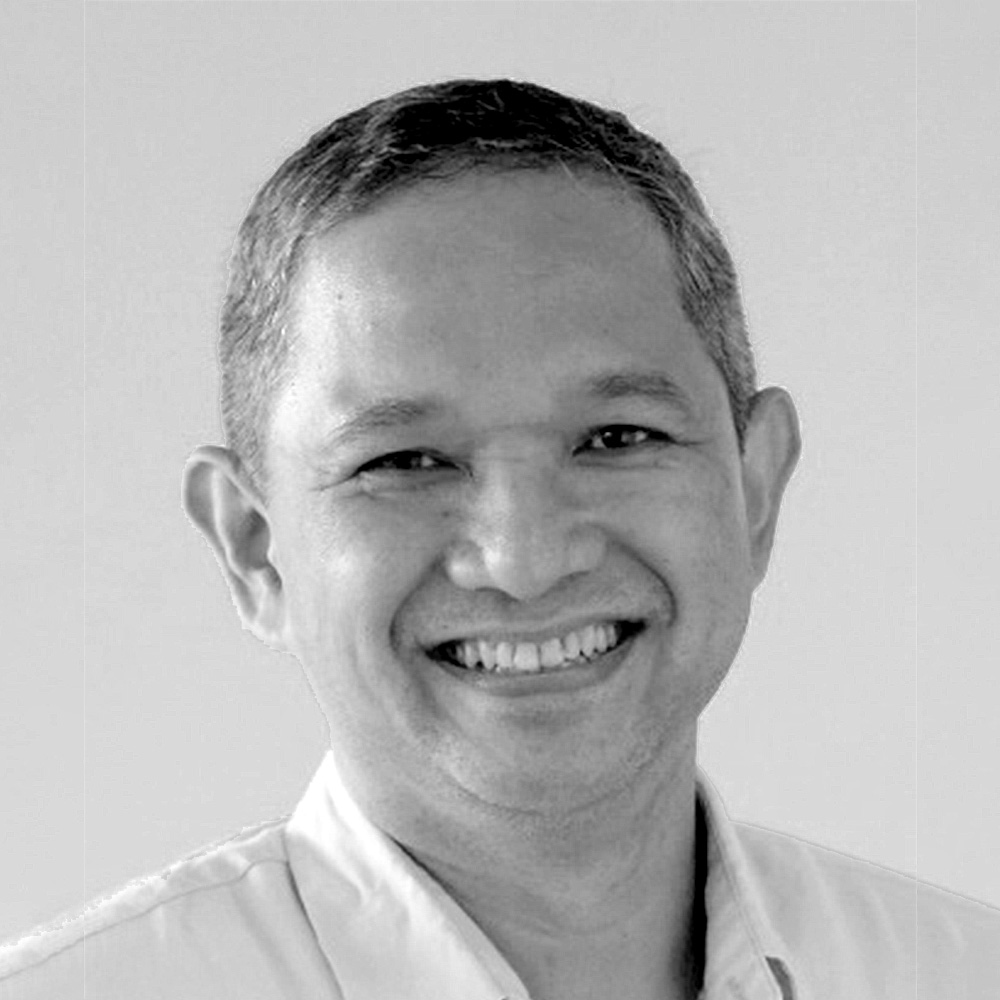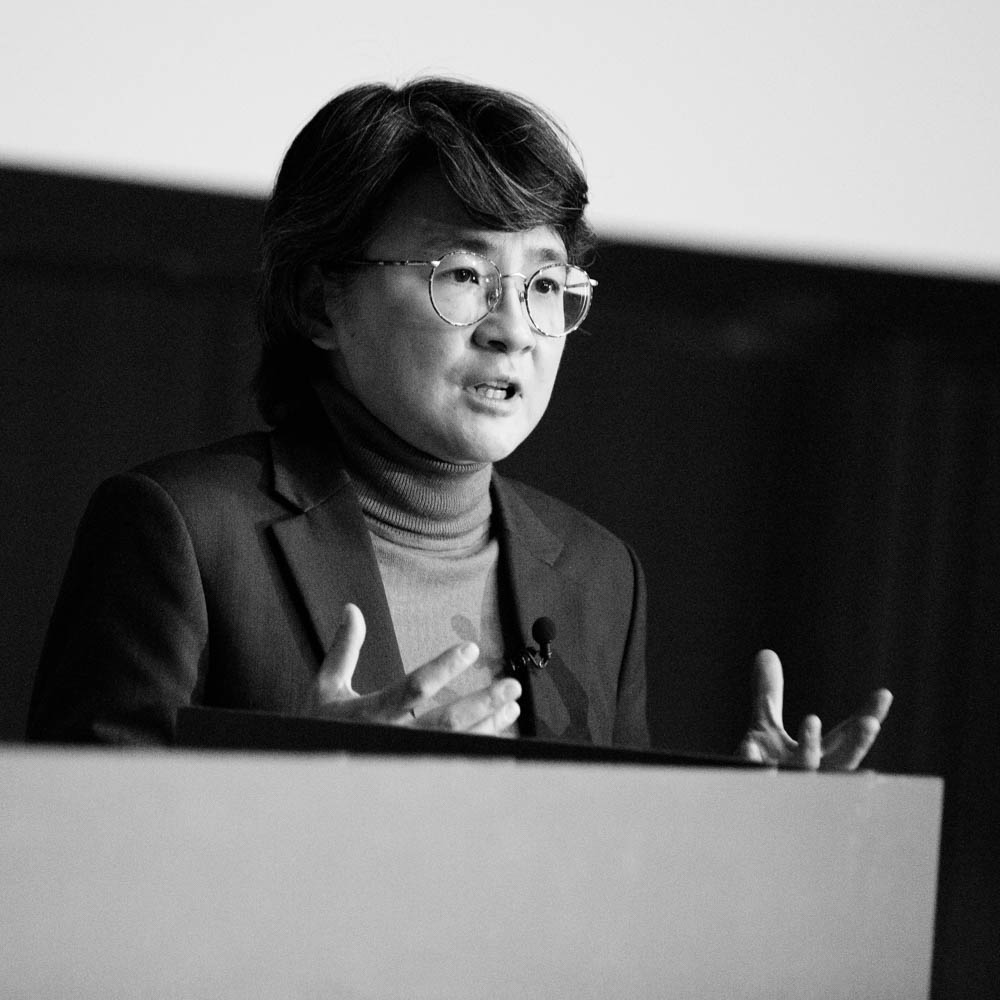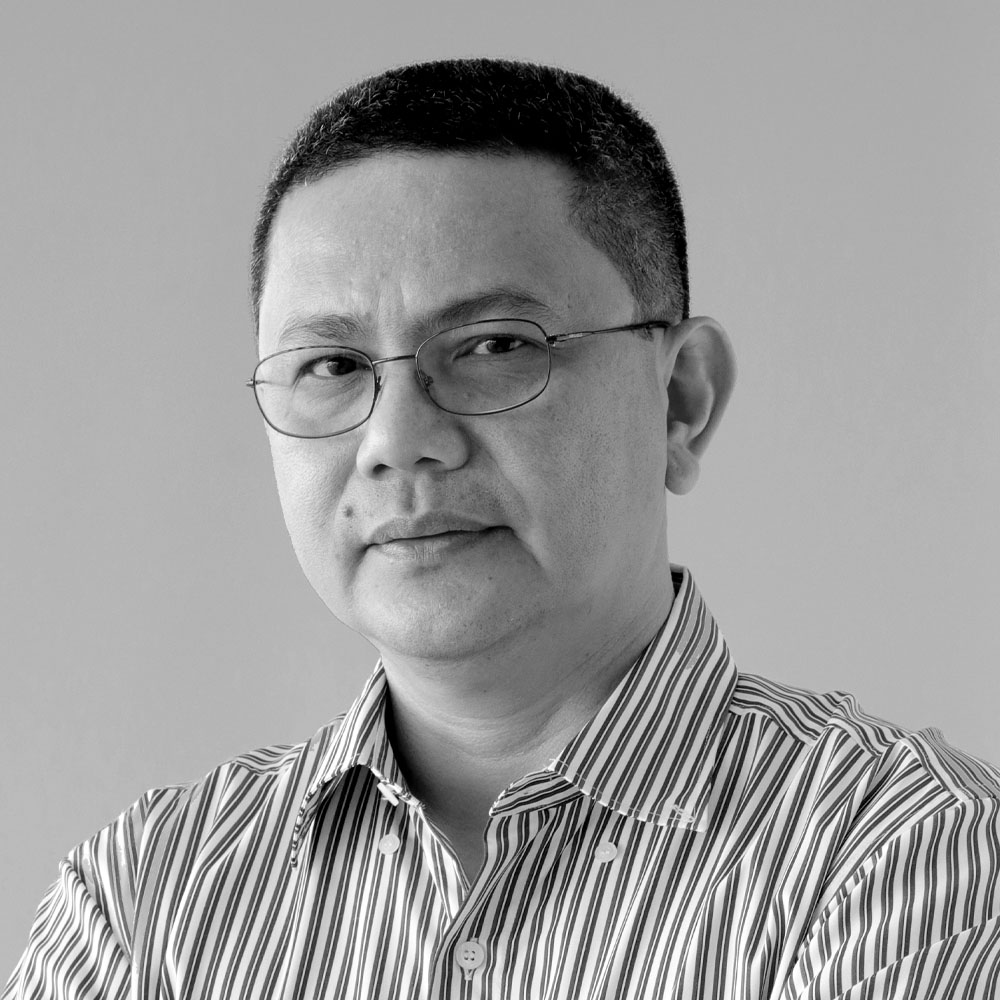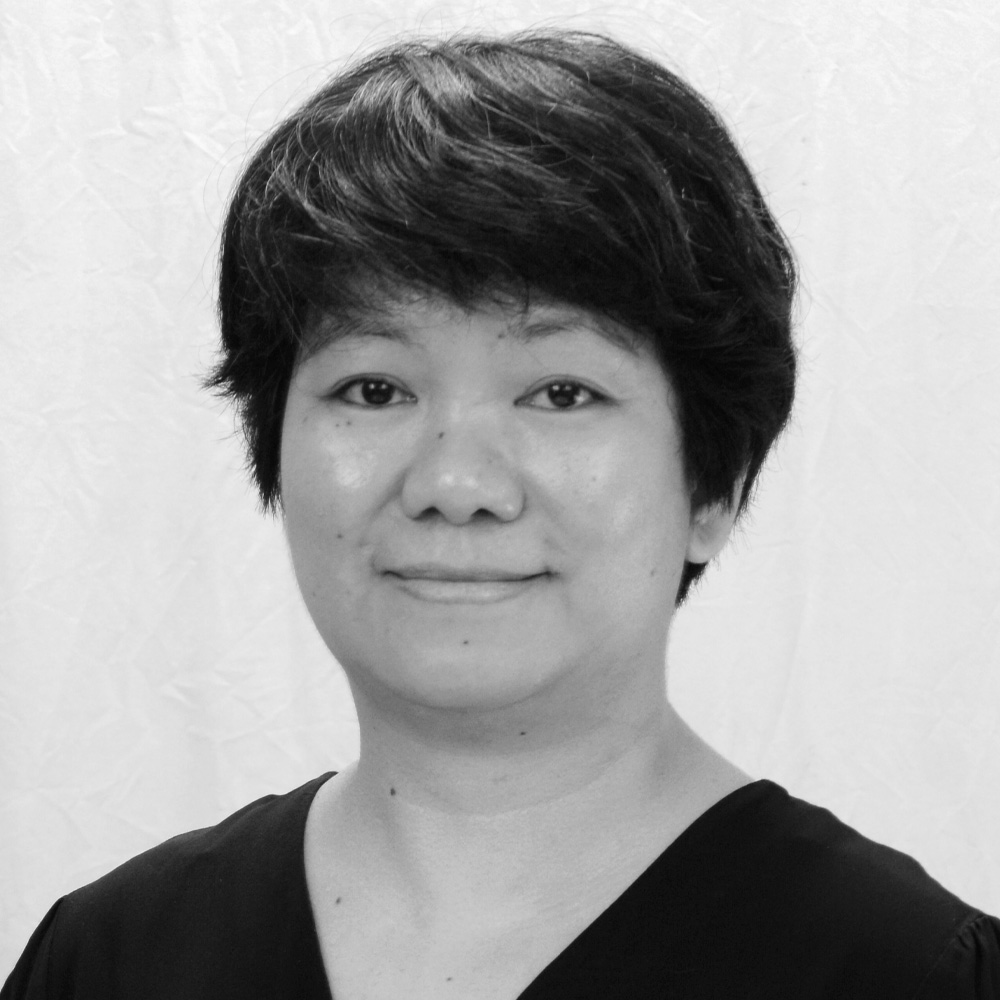
The 3rd Southeast Asian Conference on Education (SEACE2023) was held in partnership with Singapore Management University (SMU), and the IAFOR Research Centre at the Osaka School of International Public Policy (OSIPP) at Osaka University, Japan.
SEACE2023
February 10–13, 2023 | Singapore Management University (SMU) / MAX Atria, Singapore EXPO & Online
Programme
-
 The Future of Collaboration in Higher EducationKeynote Presenation: Shantanu Bhattacharya
The Future of Collaboration in Higher EducationKeynote Presenation: Shantanu Bhattacharya -
 IAFOR’s Pandemic: From Singapore to SingaporeFeatured Discussion: Joseph Haldane, Haruko Satoh
IAFOR’s Pandemic: From Singapore to SingaporeFeatured Discussion: Joseph Haldane, Haruko Satoh -
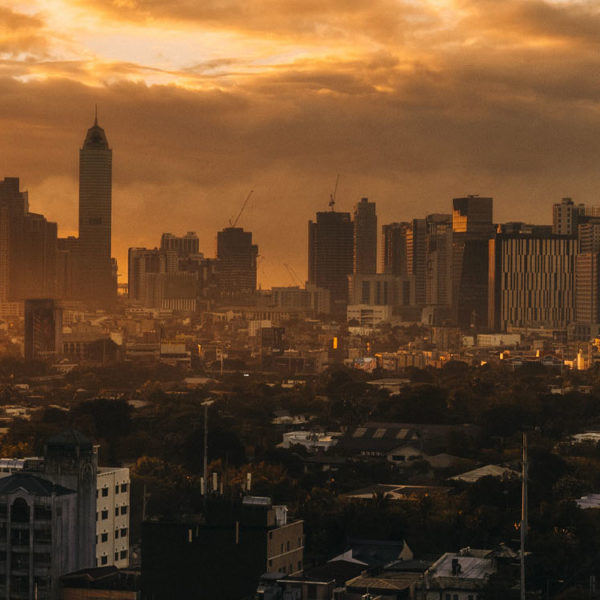 Enhancing Resilience in Higher Education: The Philippine ExperienceFeatured Panel Presentation: Gary Ador Dionisio, Gabrielle Iglesias, Sherwin E. Ona, Allen Surla
Enhancing Resilience in Higher Education: The Philippine ExperienceFeatured Panel Presentation: Gary Ador Dionisio, Gabrielle Iglesias, Sherwin E. Ona, Allen Surla -
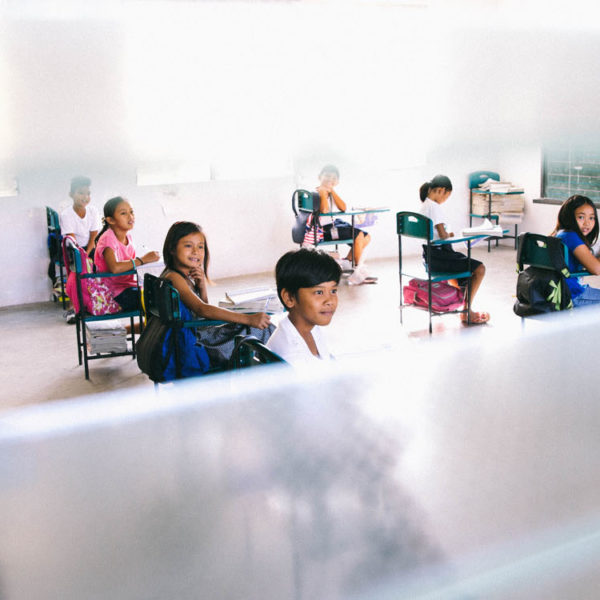 Challenges and Innovations in Learning: Post-pandemic ReflectionsFeatured Panel Presentation: Floper Gershwin Manuel, Jose Epimaco R. Arcega & Melanie Tolentino
Challenges and Innovations in Learning: Post-pandemic ReflectionsFeatured Panel Presentation: Floper Gershwin Manuel, Jose Epimaco R. Arcega & Melanie Tolentino
Speakers
-
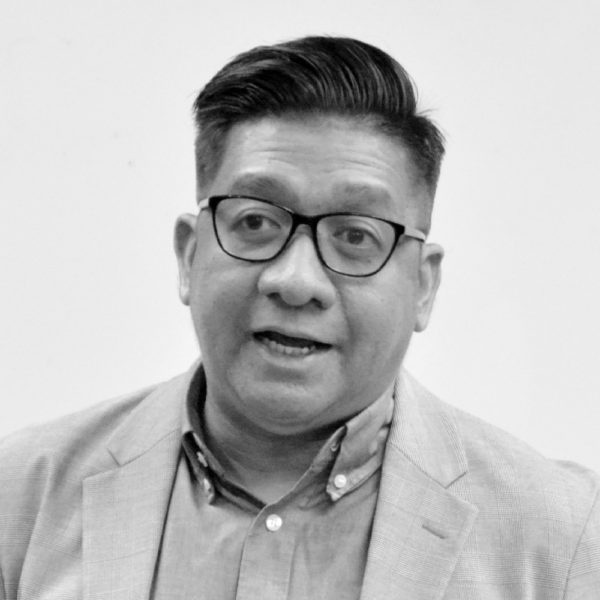 Gary Ador DionisioDe La Salle University, Philippines
Gary Ador DionisioDe La Salle University, Philippines -
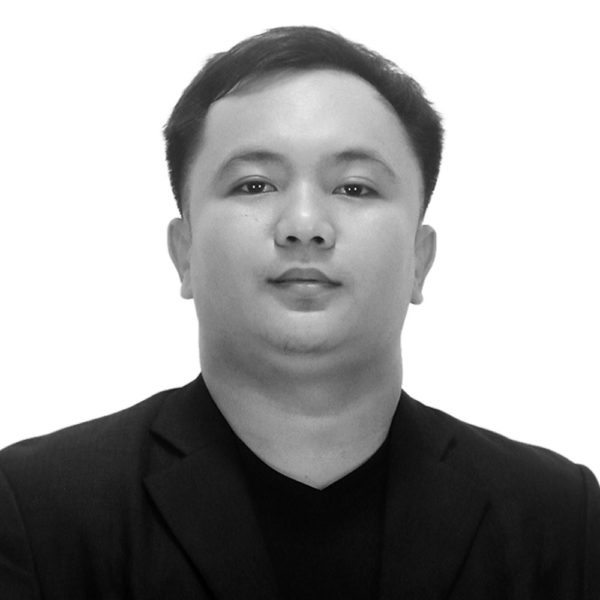 Jose Epimaco R. ArcegaCentral Luzon State University (CLSU), Philippines
Jose Epimaco R. ArcegaCentral Luzon State University (CLSU), Philippines -
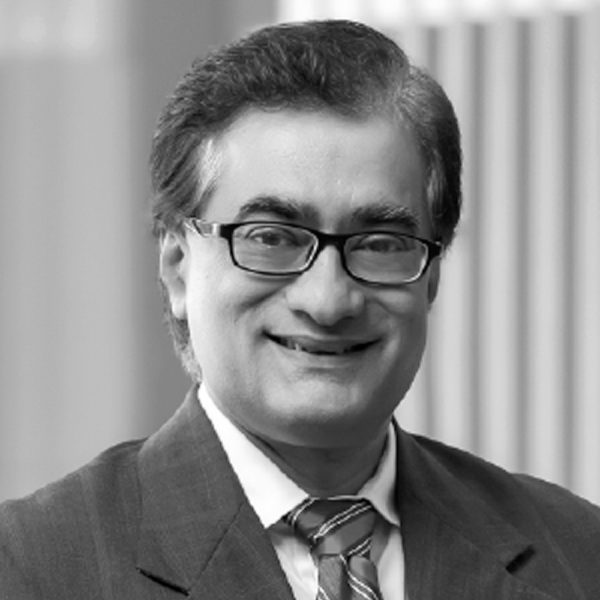 Shantanu BhattacharyaSingapore Management University (SMU), Singapore
Shantanu BhattacharyaSingapore Management University (SMU), Singapore -
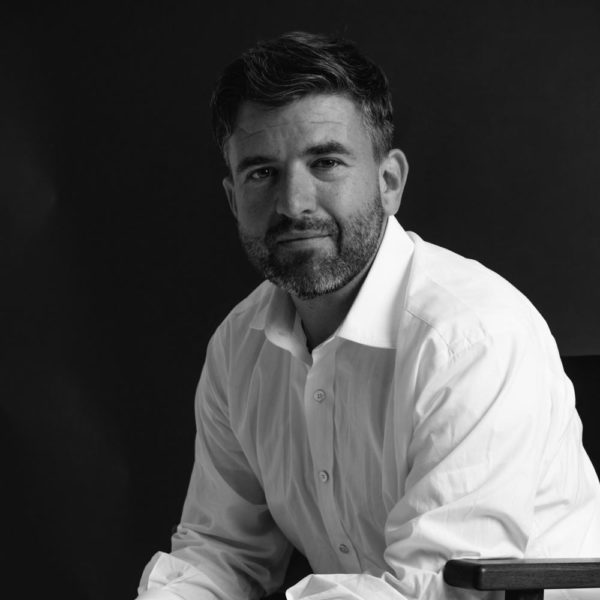 Joseph HaldaneThe International Academic Forum (IAFOR), Japan
Joseph HaldaneThe International Academic Forum (IAFOR), Japan -
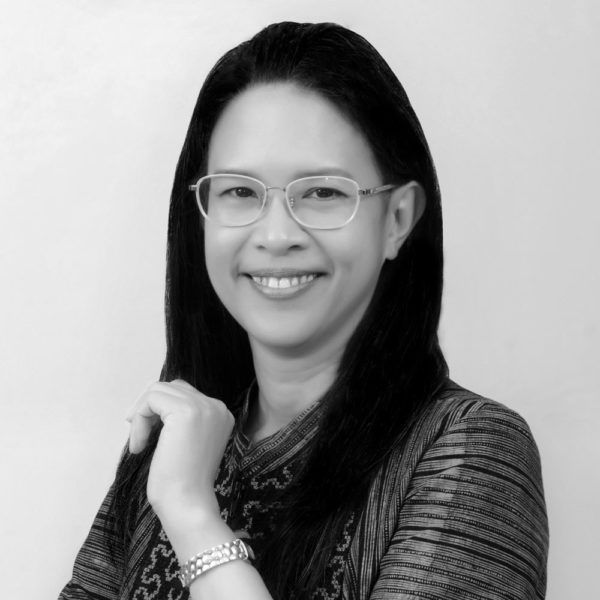 Gabrielle IglesiasDe La Salle University, Philippines
Gabrielle IglesiasDe La Salle University, Philippines -
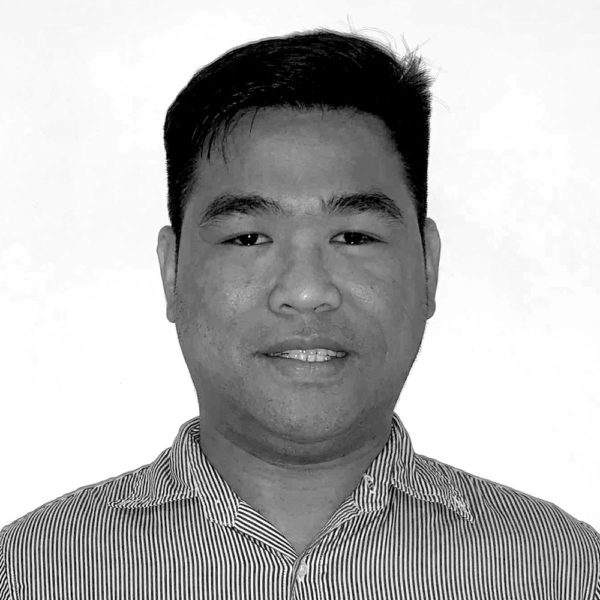 Floper Gershwin ManuelCentral Luzon State University (CLSU), Philippines
Floper Gershwin ManuelCentral Luzon State University (CLSU), Philippines -
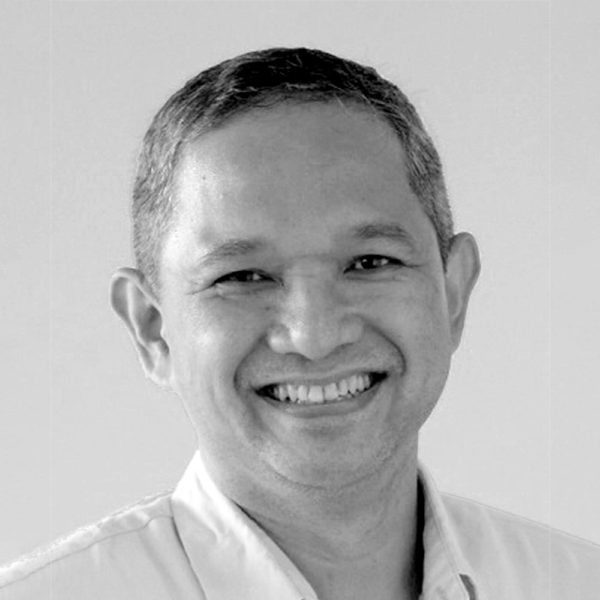 Sherwin E. OnaDe La Salle University, Philippines
Sherwin E. OnaDe La Salle University, Philippines -
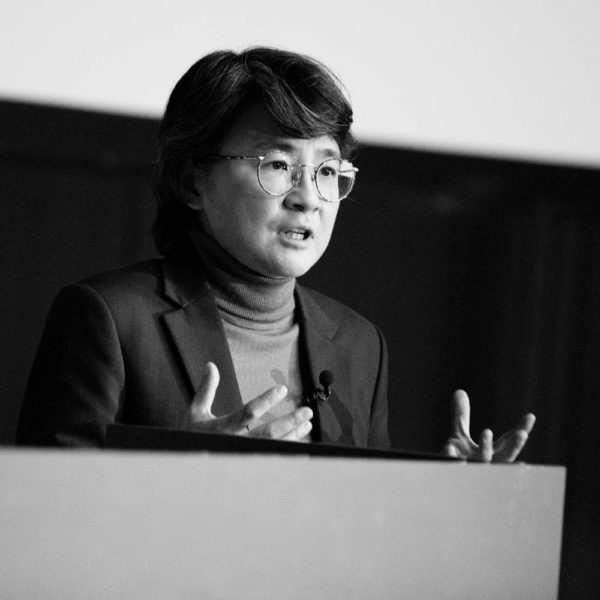 Haruko SatohOsaka University, Japan
Haruko SatohOsaka University, Japan -
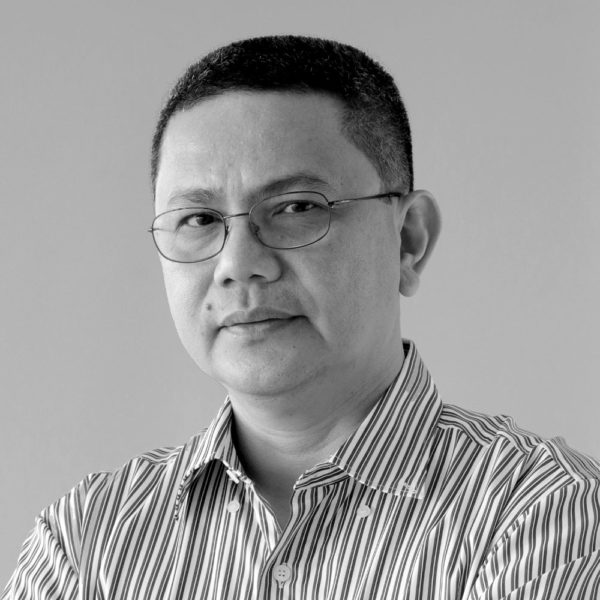 Allen SurlaDe La Salle University, Philippines
Allen SurlaDe La Salle University, Philippines -
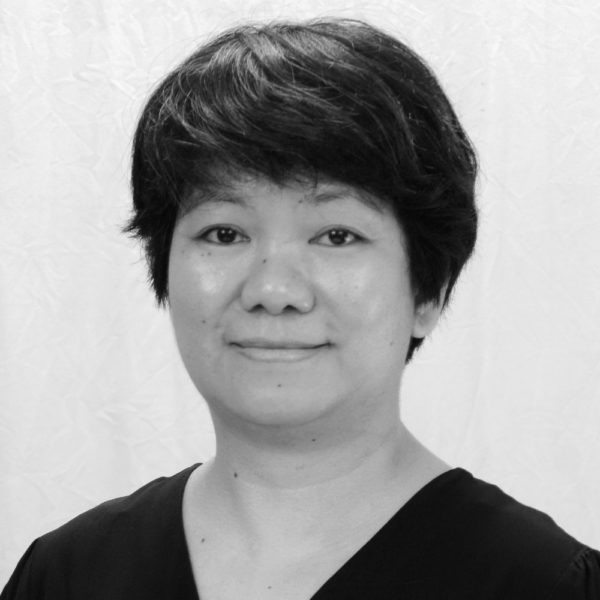 Melanie TolentinoCentral Luzon State University, Philippines
Melanie TolentinoCentral Luzon State University, Philippines
Conference Committees
Global Programme Committee
Dr Joseph Haldane, Chairman and CEO, IAFOR
His Excellency Professor Toshiya Hoshino, Osaka University, Japan
Professor Barbara Lockee, Virginia Tech., United States
Professor Donald E. Hall, Binghamton University, United States
Dr James W. McNally, University of Michigan, United States & NACDA Program on Aging
Professor Haruko Satoh, Osaka University, Japan
Dr Grant Black, Chuo University, Japan
Professor Dexter Da Silva, Keisen University, Japan
Professor Gary Swanson, University of Northern Colorado, United States
Professor Baden Offord, Curtin University, Australia
Professor Frank Ravitch, Michigan State University, United States
Professor William Baber, Kyoto University, Japan
Conference Programme Committee
Lynette Swee Hian Goh, Singapore Management University (SMU), Singapore
Dr Joseph Haldane, The International Academic Forum (IAFOR), Japan
Dr Farish Noor, Nanyang Technological University (NTU), Singapore
Dr Justin Sanders, Minerva Project
Professor Haruko Satoh, Osaka University, Japan
Professor Melanie Tolentino, Central Luzon State University, Philippines
Professor Anusorn Unno, Thammasat University, Thailand
IAFOR International Academic Advisory Board
General Education Section
Professor Shingo Ashizawa, Kansai University of International Studies, Japan
Dr Tzu-Bin Lin, National Taiwan Normal University, Taiwan
Professor David McLoughlin, Meiji University, Japan
Dr Keiichi Ogawa, Kobe University, Japan
Professor Mark Pegrum, The University of Western Australia, Australia
Dr Cynthia Northington Purdie, William Patterson University, United States
Dr Thanassis Rikakis, University of Southern California, United States
Dr Rachel Lam, Independent consultant, Salt Lake City, Utah, United States
Distinguished Professor Tien-Hui Chiang, Zhengzhou University, China
Dr Linda Schwartz, Ambrose University, Canada
Dr Justin Sanders, Minerva Project
Professor Svetlana Ter-Minasova, Lomonosov Moscow State University, Russia
Professor Joshua Mok, Lingnan University, Hong Kong
Dr Yvonne Masters, Independent Researcher, Australia
Dr Bernard Montoneri, Independent Researcher, Taiwan
Professor Haruko Satoh, Osaka University, Japan
Educational Technology Section
Professor Curtis Ho, University of Hawai’i at Manoa, United States
Professor Mark Pegrum, The University of Western Australia, Australia
Dr Thanassis Rikakis, University of Southern California, United States
Daniel Kjellsson, Future Talent Council, Sweden
Professor Barbara Lockee, Virginia Tech., United States
Professor Keith W. Miller, The University of Missouri, United States
Dr Jo Mynard, Kanda University of International Studies, Japan
Mr Matthew Kay, Nature Publishing, United Kingdom
Professor Robert Logie, Osaka Gakuin University, Japan
Dr Amanda Müller, Flinders University, Australia
Language Learning Section
Professor Kay Irie, Gakushuin University, Japan
Professor David McLoughlin, Meiji University, Japan
Dr Shamim Ali, Allama Iqbal Open University, Pakistan
Dr Christine Coombe, Dubai Men's College, United Arab Emirates
Professor Jean-Marc Dewaele, Birkbeck, University of London, United Kingdom
Professor Stephen J. Hall, Sunway University, Malaysia
Professor José McClanahan, Creighton University, United States
Professor Svetlana Ter-Minasova, Lomonosov Moscow State University, Russia
Dr Sufian Abu-Rmaileh, UAE University, United Arab Emirates
Professor Michiko Nakano, Waseda University, Japan
Dr Amanda Müller, Flinders University, Australia
Conference Review Committee
Dr Reem Abu-Shawish, Qatar University, Qatar
Dr Tichie Ann Baena, St. Paul University Dumaguete, Philippines
Dr Manuel Caingcoy, Bukidnon State University, Philippines
Dr Shravasti Chakravarty, XLRI Delhi-NCR, India
Dr Sally Kondos, American University in Dubai , United Arab Emirates
Dr Leandro Loyola, De La Salle University, Philippines
Dr Annie Wy Ng, The Hong Kong University of Science and Technology, Hong Kong
Dr Munasprianto Ramli, Syarif Hidayatullah State Islamic University, Indonesia
Dr Ruslin Ruslin, State Institute for Islamic Studies (IAIN) PALU, Indonesia
Dr Fathi Shamma, The Arab Academic College for Education Israel Haifa, Israel
Dr Glenna Tac-An, La Salle University, Philippines
